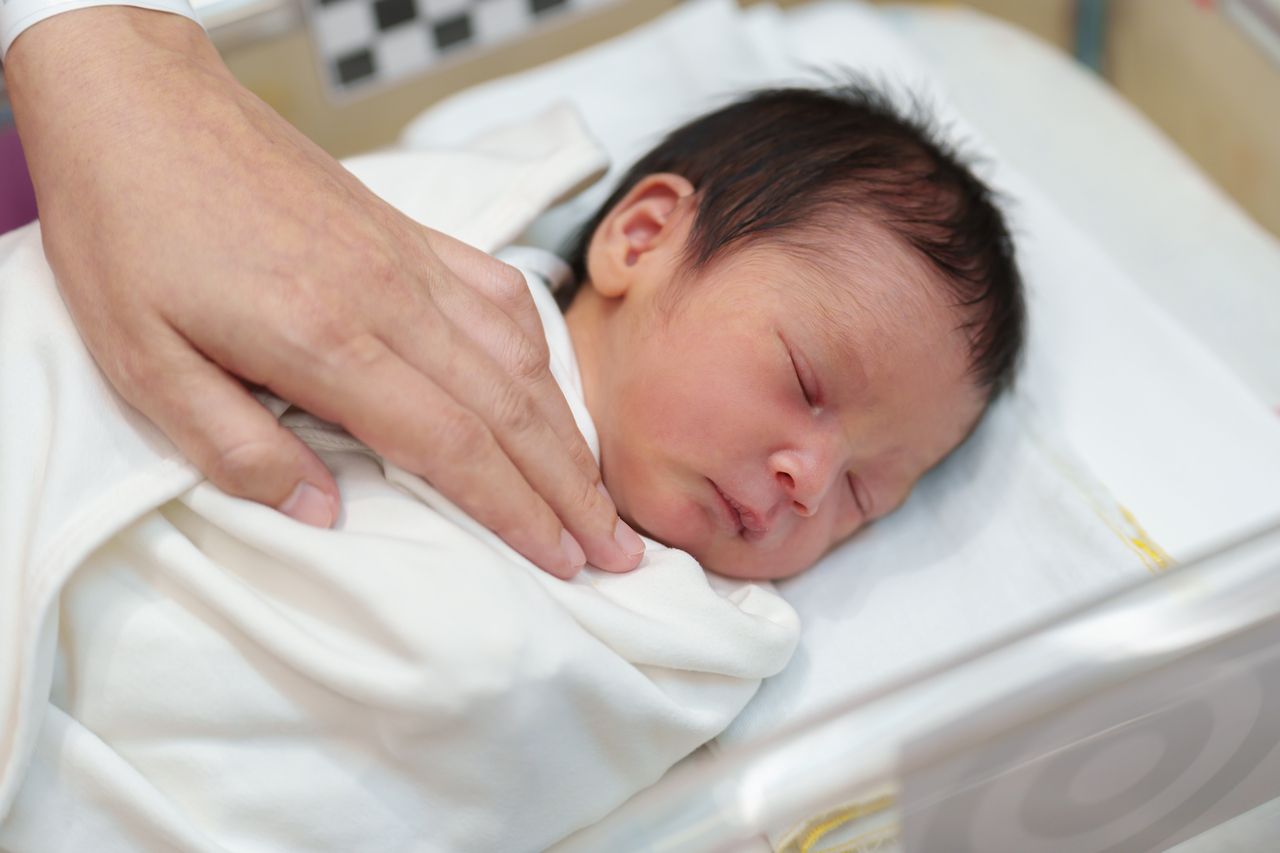 Embryos produced via in vitro fertilization have surged by 83.2 percent in South Korea over the past five years, according to government data released Thursday, signaling the growing use of assisted reproductive technology in a country grappling with low birth rates.
Embryos produced via in vitro fertilization have surged by 83.2 percent in South Korea over the past five years, according to government data released Thursday, signaling the growing use of assisted reproductive technology in a country grappling with low birth rates.
Actual embryo transfers have also increased, albeit at a slower pace. In 2024, 201,496 embryos were transferred for pregnancy, marking a 31.9 percent increase from 152,761 in 2019 and a 56.6 percent rise from 128,672 in 2016.
IVF is a medical procedure that aids pregnancy by collecting mature eggs and fertilizing them with sperm in a laboratory setting. The resulting embryos are then either transferred to a woman’s uterus or cryopreserved for future use.
As of December 2024, medical institutions across South Korea were storing 383,520 embryos, 133,926 unfertilized eggs, and 56,967 vials of semen.
Despite the increase in IVF procedures, most fertilized embryos are ultimately discarded. In 2024, 533,266 embryos were destroyed, more than double the 260,506 discarded in 2019. Embryos may be discarded for various reasons, including being deemed unfit for pregnancy or at the request of the individuals who created them.
While frozen embryos can theoretically be stored indefinitely under proper conditions, most people opt to keep them for up to 10 years.
In vitro fertilization becoming more crucial, but controversy remains
IVF is becoming an increasingly vital option in South Korea, where the average age of first-time mothers was 32.96 in 2023. With advanced maternal age medically defined as 35 or older, a significant number of Korean couples are likely to face complications when trying to conceive naturally.
Despite the many advantages of assisted reproductive technology, several ethical questions remain unaddressed by the current Bioethics and Safety Act.
A recent controversy erupted when actor Lee Si-young revealed she had become pregnant using an embryo created with her ex-husband, despite his opposition. This situation exposed a loophole in the law: while written consent is required for creating embryos via IVF, there is no provision regarding the transfer of already-created embryos.
This incident has ignited a debate on the bioethics of embryos and IVF, a field still in its relative infancy both globally and particularly in South Korea. The Bioethics and Safety Act, which governs matters related to embryos, was only enacted in 2004 and implemented the following year.![Lee Si-young (Ace Factory)]](https://contents-cdn.viewus.co.kr/image/2025/07/CP-2023-0309/30701220_1.jpg) Health Ministry officials have stated they plan to consult with experts to determine if improvements to the IVF process are necessary.
Health Ministry officials have stated they plan to consult with experts to determine if improvements to the IVF process are necessary.









Most Commented